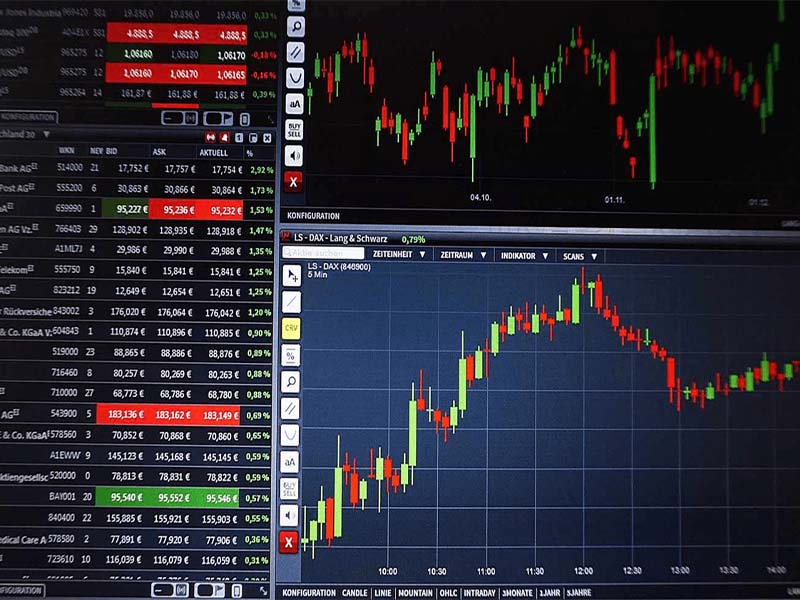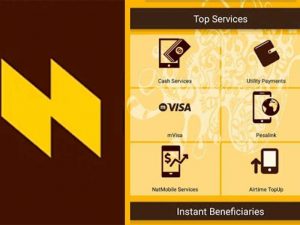In recent years, online forex trading in Kenya has gained significant popularity, especially among the youth seeking alternative streams of income. The allure of high returns and the accessibility of online platforms have made forex trading an appealing venture for Kenyan investors. In this article, we will focus on the fundamental aspects of forex trading for beginners in Kenya, providing a step-by-step approach to navigating this dynamic market.

The origins of the forex market can be traced back to the gold standard era in the late 19th century. It has since provided a gateway for millions of people to diversify their investment portfolios and actively participate in the international currency exchange.
Understanding Forex Trading in Kenya
Forex trading, or foreign exchange trading, involves speculating on the exchange rates between different currencies with the aim of making a profit.
The forex market operates 24 hours a day, five days a week, making it one of the most liquid and accessible financial markets globally.
- READ ALSO: The Top 20 Tallest Buildings in Kenya.
However, it’s important to note that the forex market is characterized by high volatility and rapid responses to economic data, making it a high-risk, high-reward investment.
What is Forex Trading?
Forex trading is essentially the buying and selling of currencies. Traders aim to profit from the fluctuations in exchange rates by taking positions on whether a currency will appreciate or depreciate against another.
The forex market is decentralized, with transactions occurring electronically between banks, financial institutions, and individual traders.
How do you Start Forex Trading in Kenya?
Step 1: Choose a Reliable Broker
Selecting the right broker is the first crucial step in starting your forex trading journey. Ensure the broker is licensed and regulated by the Capital Markets Authority (CMA) in Kenya to guarantee the safety of your funds.
- READ ALSO: Mr Beast Builds 100 Wells across Africa.
Popular brokers in Kenya include EGM Securities, FXTM, and HotForex. Evaluate their reputation, regulations, fees, and customer support before making a decision.
Step 2: Set Up a Demo Account
After choosing a broker, open a forex trading account, providing necessary personal information and proof of identity.
- READ ALSO: Steve Harvey net worth in 2023.
Most brokers offer demo accounts, allowing you to practice trading with virtual money before risking real funds. This is a crucial step for beginners to familiarize themselves with the trading platform and test different strategies.
Step 3: Develop a Trading Strategy
A well-defined trading strategy is essential for success in forex trading. Consider technical analysis, fundamental analysis, or sentiment analysis to make informed decisions.
Technical analysis involves studying price charts and using indicators like moving averages and RSI, while fundamental analysis examines economic factors affecting currency values.
Step 4: Manage Risk Effectively
Risk management is paramount in forex trading. Use stop-loss orders to limit potential losses and avoid overleveraging, which could lead to significant account depletion.
Risk only a small percentage of your trading capital on each trade to protect your overall investment.
Step 5: Gain Experience through Practice
Practice and experience are key to becoming a successful trader.
Keep a trading journal, start with small trade sizes, and gradually increase as you gain confidence. Invest time in learning about technical and fundamental analysis, risk management, and trading psychology.
Is Forex Trading Profitable?
The profitability of forex trading depends on various factors, including market conditions, individual strategies, and risk management.
While the potential for high returns exists, it’s important to approach forex trading with a realistic mindset. Success in forex trading requires dedication, continuous learning, and disciplined execution of strategies.
How Much Do You Need to Start Forex Trading in Kenya?
Contrary to common misconceptions, you can start forex trading in Kenya with as little as $5 (approximately Kshs 650).
Many brokers, including HotForex, FxPesa, and XM Forex, offer a minimum deposit requirement around this range.
However, it’s advisable to start with at least $100 for a more meaningful trading experience and to cushion against potential losses.
In a nutshell, online forex trading in Kenya provides an exciting opportunity for individuals to diversify their investment portfolios and potentially earn additional income. By following the steps outlined in this guide, beginners can embark on their forex trading journey with the necessary knowledge and skills to navigate this dynamic market.
Remember to trade responsibly, continually educate yourself, and be patient in mastering the intricacies of forex trading.
I’m a versatile content writer, mentor and pro cyclist.





